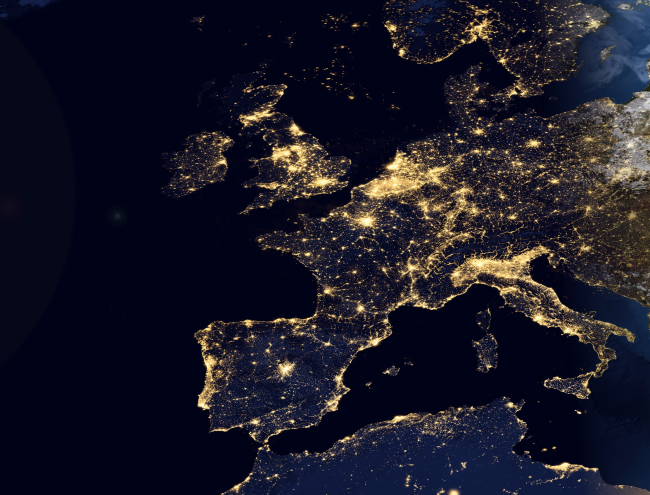Energy Efficiency: The Commission's Complicated Calculations

Who hasn’t heard of the 3x20, those pillars of European energy policy? And yet who is able to give their exact definition?
Recently, the Commission announced that current efforts are insufficient to achieve the third goal, concerning the improvement in energy efficiency.
How is it calculated? From 1990, as is generally thought? Wrong. The Commission is basing its target on 2005. Using the PRIMES baseline scenario, it estimated in 2007 that the EU"s primary energy consumption in 2020 would be 1968 million TOE. This scenario presumes:
• An annual 2.2% economic growth rate from 2005 to 2020,
• Reductions in energy consumption due to the effects of prices, structural changes and already-adopted measures.
These reductions are estimated at 1.8% per year throughout the period, which is divided between the impact of structural changes (0.6%), the effects of existing policies (0.35%) and independent progress in efficiency (0.85%). Moreover, the 2020 estimate already takes into account the 470 million TOE energy consumption reductions resulting from the drop in industrial activity in former Soviet Bloc members of the EU and the more efficient subsequent growth.
It is from the figure of 1968 million TOE which the Commission deducts a deliberate proportion of 20%, that is roughly 390 million TOE. The objective to achieve in 2020 now amounts to about 1575 million TOE.
Then the crisis arrived, and with it the plummet in growth. PRIMES reconsidered the 2020 forecast taking into account measures taken up to 2009 and fixed it at 1781 million TOE. Conclusion: We are still 204 million TOE short of achieving the much talked-about 1575.
More effort, Europeans. The crisis alone did not accomplish enough, it was still necessary to put into place the supplementary regulations required by the Commission.
These calculations can only create unrest. In fact, the only important objective for the struggle against climate change is the absolute reduction in greenhouse gas emissions. We have obligations towards humanity, but it is absolutely not necessary to break ourselves in fulfilling them. And let us place more trust in the prices (including that of carbon) and in the behaviour of economic agents.
Related centers and programs
Discover our other research centers and programsFind out more
Discover all our analysesBrazil One Year Away from the October 2026 General Elections
Brazil’s general elections will be held on October 4, 2026, to elect the president, vice-president, members of the National Congress, governors, deputy governors and state legislative assemblies. For the presidential and gubernatorial elections, a second round will be held on October 25 if no candidate obtains a majority of the votes in the first round.
COP30: An Inflection Point for Climate Action and Governance
The 30th Conference of the Parties (COP30), opening in Belém, Brazil, on November 10th 2025, convenes at a perilous moment.
The Strategic Dimension of Skills in the Clean Industrial Deal
In the competitiveness and energy transition battles, the European Union (EU) must master a determinant factor: skills.
The Energy Transition Faces Geopolitical Challenges. How Can Ideological Divides Be Overcome?
President Trump’s positions and policies, combined with record coal consumption and booming global electricity demand, geo-economic confrontation, and widespread concerns about energy security, are changing the game when it comes to understanding realistic decarbonization trajectories. The war in Europe is intensifying competition between defense and transition budgets. This is also the case elsewhere in the world.












